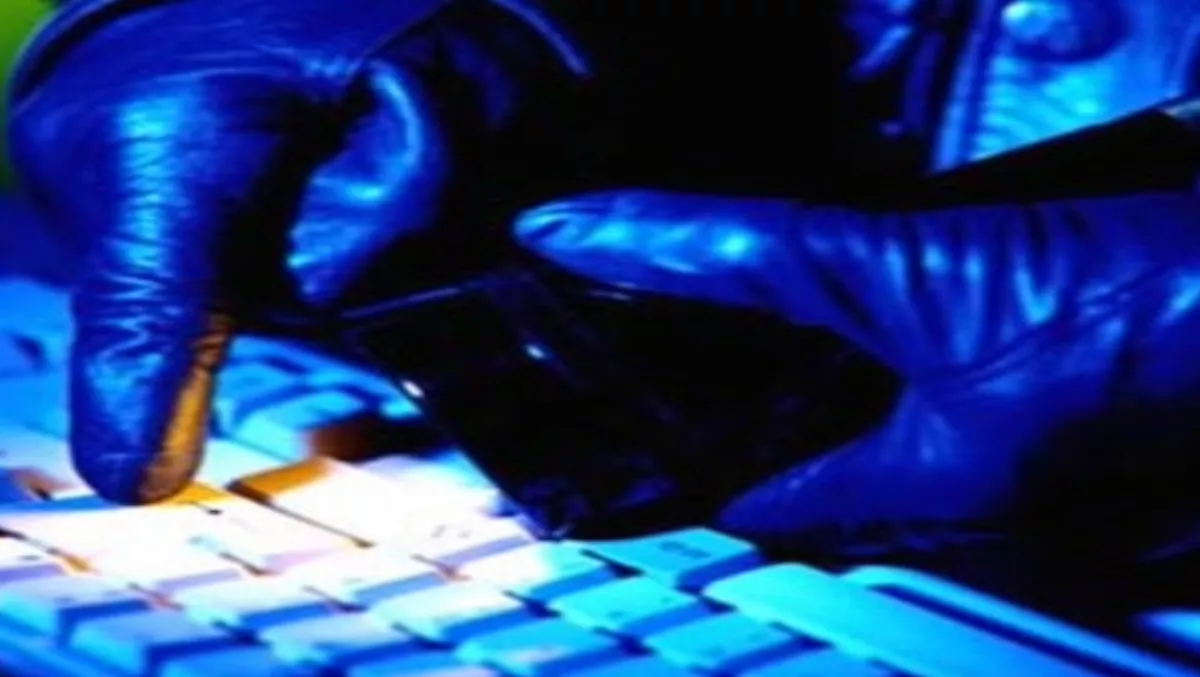M86 Security has warned of a rise in distributed, monetised "exploit kits", which mainly use Adobe Flash, Java and PDF-based exploits.
The firm counted over a dozen new attack kits being launched in just the last six months and noted that most of the exploit kits were in Russian, such as Adpack and Fragus. M86 said that this perhaps indicates the location of buyers and the majority use Adobe Flash, Java classes, and PDF-based exploits.
M86 Security Labs investigated more than 25 attack kits, many of them in Russian, such as Crimepack, WebAttacker, MyPolySploit, XCore, UniquePack, LuckySploit, Yes Toolkit, Liberty, Fiesta, Eleonore and more.
"Exploit kits have changed the cybercrime industry in a very short period of time," said Bradley Anstis, VP of Technology Strategy, M86 Security. "People can launch attacks without even knowing a line of code, and the infrastructure now exists to pay the attacker per exploit achieved. With an attack kit there is literally ’an app for that’ and it is driving the explosive growth in Internet-borne threats such as spam and zero-day attacks with new kits popping up every day. This latest research report details the anatomy of these kits, providing insight into the evolution and the skyrocketing increase in the number of attacks."
One of the most expensive attack kits found was Luckysploit at over $1000 USD, with most in the $400-$1000 USD range, and some selling for as little as $100 USD.
McAfee said this week that as the popularity of free PDF readers has increased, so too has the malware which exploits the software's vulnerabilities. Read more over on NetGuide.


